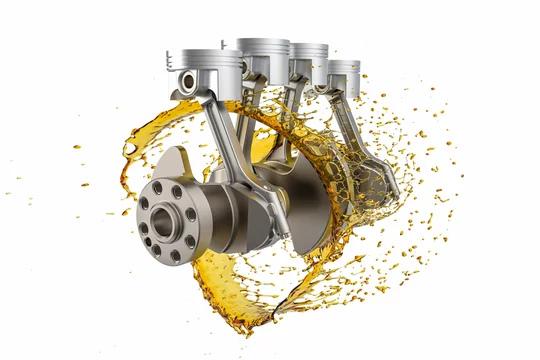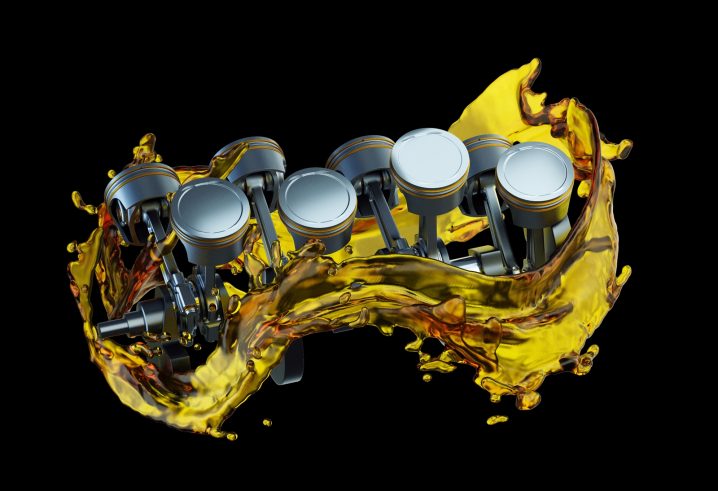Introduction:
Car engine oil plays a crucial role in maintaining the performance and longevity of your vehicle’s engine. However, many car owners are surprised to learn that engine oil can degrade even if the car is not used often. In this article, we will explore the reasons behind this phenomenon and provide insights on how to mitigate oil degradation. So, let’s dive in!
Understanding the Nature of Engine Oil Degradation
Engine oil degradation is a natural process influenced by several factors, including time, temperature, and exposure to oxygen. Even when a vehicle is parked and not in use, the oil inside the engine undergoes certain changes that affect its overall quality. Let’s delve into the main causes of engine oil degradation:

Oxidation: When engine oil is exposed to oxygen for an extended period, it starts to oxidize. This process alters the oil’s chemical composition and reduces its effectiveness in lubricating and protecting the engine components.
Moisture Accumulation: Moisture can enter the engine through condensation, especially in areas with high humidity levels. This moisture mixes with the oil, leading to a higher risk of corrosion and reduced lubricating properties.
Additive Breakdown: Engine oil contains various additives that enhance its performance, such as detergents, dispersants, and anti-wear agents. Over time, these additives can break down or become less effective, diminishing the oil’s ability to protect the engine.
Impact of Infrequent Car Usage on Engine Oil
Increased Idle Time: When a car is not used regularly, the oil remains stagnant for longer periods, allowing contaminants to settle and accumulate. These contaminants can include dirt, metal particles, and fuel residues, which can compromise the oil’s integrity and lubricating capabilities.
Incomplete Heat Cycles: The engine’s internal components rely on heat to expand and contract properly, ensuring optimal performance. When a vehicle is not used frequently, the engine often fails to reach its operating temperature fully. Incomplete heat cycles can lead to the formation of harmful byproducts, such as fuel and moisture condensation, within the oil.
Mitigating Engine Oil Degradation

Regular Oil Changes: Even if your car is not driven frequently, it is essential to follow the manufacturer’s recommended oil change intervals. Fresh oil with proper additives will help maintain optimal lubrication and protection for your engine.
Short Drives and Maintenance: If your car isn’t driven regularly, consider taking it for short drives to allow the engine to reach its operating temperature. This process helps burn off accumulated contaminants and moisture. Additionally, regular maintenance, such as inspecting for leaks and ensuring proper ventilation, can help reduce moisture buildup.
Storing the Vehicle: If you plan to store your vehicle for an extended period, it is advisable to change the oil and use a quality engine oil designed for long-term storage. This type of oil has additives that provide enhanced protection against corrosion and degradation during idle periods.
Conclusion: Understanding why car engine oil degrades, even if the vehicle is not used frequently, is crucial for maintaining the health of your engine. By being aware of the factors contributing to oil degradation and following the recommended maintenance practices, you can extend the lifespan of your engine and ensure optimal performance. Remember, regular oil changes and periodic maintenance are key to keeping your engine running smoothly, regardless of your car’s usage frequency.


